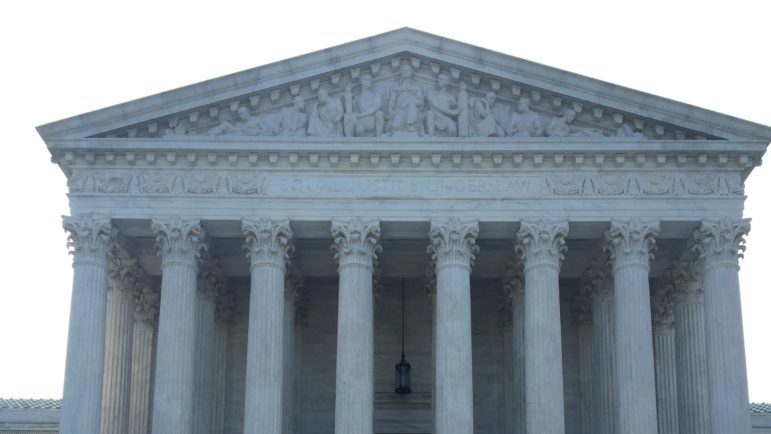INTRO: As a general rule, expungement eligibility is generally determined by the severity of the crime and your criminal record. State law may vary, but expungement is normally available for crimes committed as a juvenile and most misdemeanors, so long as you don’t have an extensive criminal history.
FACTS: State domestic violence statutes may treat an offense as either a misdemeanor or a felony depending on the specific circumstances of the incident. The more serious the assault or battery involved, the more serious the charge, and the less likely you will be able to expunge it from your record later. No matter where you live, felony convictions are very difficult, if not impossible, to get expunged.
ISSUES:
- – Severity of the crime
- – age and criminal history of the Defendant
LAW:
To intentionally destroy, obliterate, or strike out records or information in files, computers, and other depositories. For example, state law may allow the criminal records of a juvenile offender to be expunged when he reaches the age of majority, to allow him to begin his adult life with a clean record. Or, a company or government agency may routinely expunge out-of-date records to save storage space. https://www.law.cornell.edu/wex/expunge
Whether or not a person is eligible for expungement will usually depend on a number of factors, including:
- The amount of time that has passed since the arrest or conviction;
- The severity and nature of the event for which expungement is sought (i.e. a conviction for a sex offense may lead to a denial of expungement);
- Events in the applicant’s criminal record (including arrests or convictions in all jurisdictions, not just the offender’s state/county); or
- The severity and nature of other events in the applicant’s criminal record.
While the process will be different in each state or county, typically, it starts with filing an application or petition for an expungement. When filing an application, your court will likely have standard forms to use as well as checklists of documents and information you’ll need to include with your request.
Usually, when the court grants a petition or application, it will issue an order of expungement which can then be served on other agencies. This makes sure that any records they have on your are also sealed or removed. These agencies often include:
- The arresting agency (such as the local police department or sheriff’s office);
- The booking agency (such as the county jail); or
- Your state’s department of corrections (covering your records while serving any prison sentences)
DETAILED FACTS:
(AS IT RELATES TO DOMESTIC VIOLENCE) Expungement is usually a one-time deal — future convictions after expungement will likely to stay on your record. While a domestic violence arrest doesn’t mean you’re guilty, a record of your arrest may pop up on a background check. Most states will allow you to expunge an arrest record, especially one that doesn’t result in a conviction. And expungement can be part of a negotiated plea bargain.
OTHER FACTS:
- o There is no such thing as “automatic expungement.” Once you get arrested, you will have an arrest record, even if you were never charged or if the case was dismissed and even if you were found not guilty. https://www.integrascan.com/expungement-faq.htm
- o Felonies and firstdegree misdemeanors in which the victim is under 18 years of are not eligible for expungement. Rape, sexual battery, corruption of a minor, sexual imposition, or obscenity or pornography involving a minor are among the list of crimes that are not eligible for expungement. https://www.integrascan.com/expungement-faq.htm
ARTICLE LINKS:
- o http://criminal.findlaw.com/expungement/expungement-eligibility.html
- o http://blogs.findlaw.com/law_and_life/2017/12/can-a-domestic-violence-conviction-be-expunged-from-your-record.html
- o http://www.northjersey.com/story/news/new-jersey/governor/2017/12/20/christie-signs-criminal-record-expungement-bills-calling-them-legislation-heart/969850001/ (NEWS)




